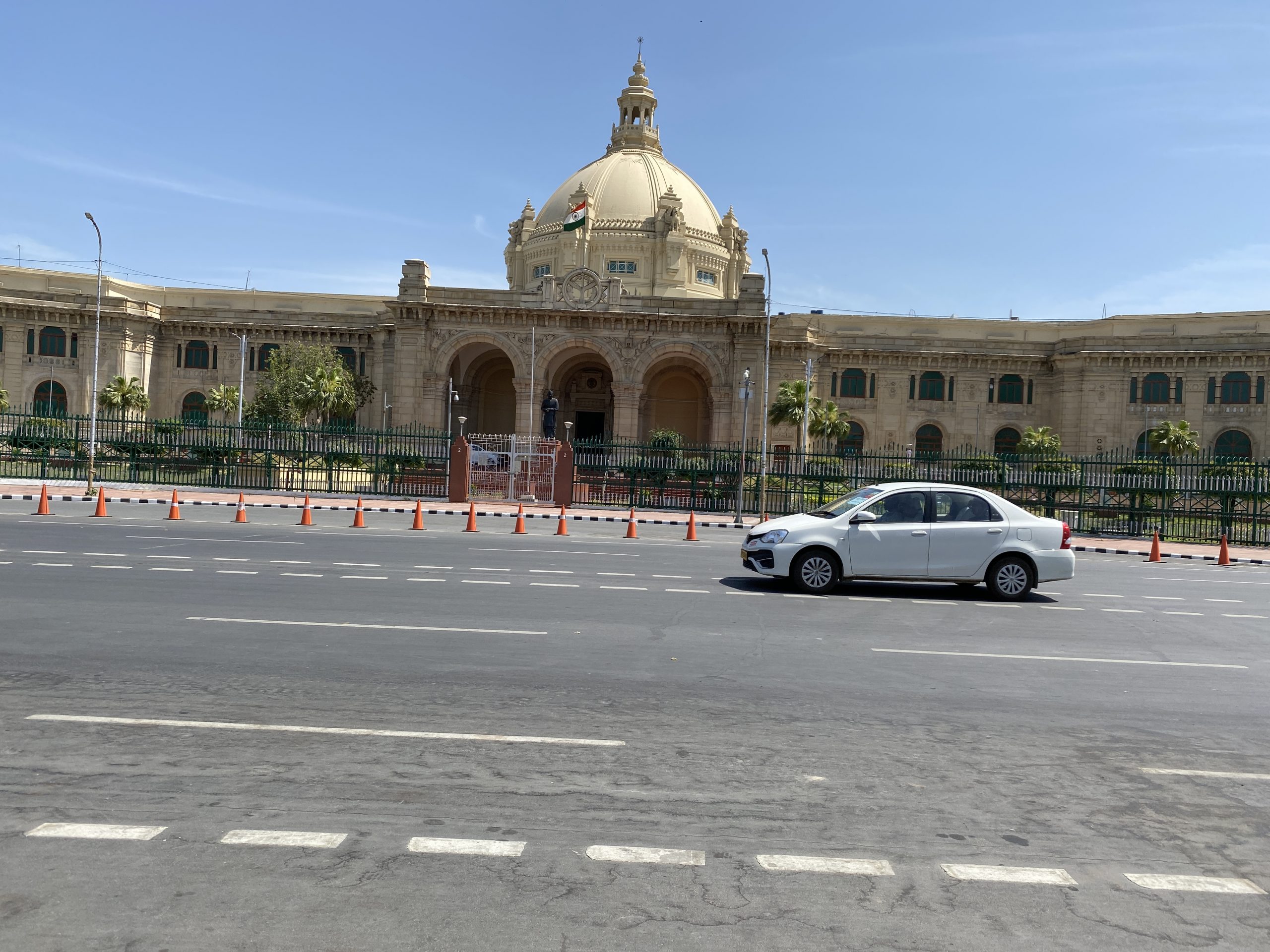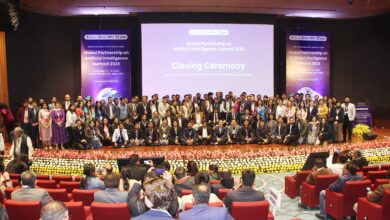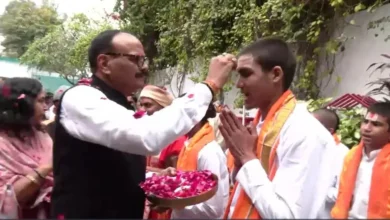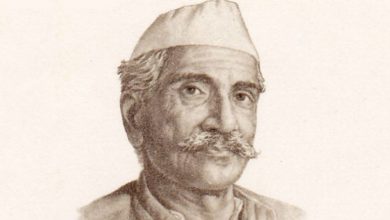U.P. Assembly Elections : Perceptions Matter
Dr. J. S. Yadav*
The elections to 403 Assembly seats in U.P. are due early next year. All major political parties will be in fray. The Bahujan Samaj Party (BSP) has announced to contest all seats. So has done the Aam Aadmi Party (AAP). Asaduddin Owaisi’s Party AIMIM is to contest about 100 Muslim dominated constituencies. The Samajwadi Party (SP) will align with other smaller parties opposed to the ruling Bhartya Janata Party (BJP) and its National Democratic Alliance partners (NDA). Many other smaller political parties, groups and individuals will contest the Elections.
All the contesting parties will reach out the voters to win the electoral battle. Many issues will be raised to influence voters’ choice. For BJP the ruling party’ in U.P for five years and at the Centre for seven plus years, the campaign narrative will be on its achievements while the Opposition will focus on BJP’s failures both in the state as well as at the national levels. Election narratives, both for and against, will be pushed with full force using “Fear” and “Hope” appeals. Elections in democracy are battles for mind and managing perceptions of the electorates. For this, they will provide rationale and raise emotive issues using ‘fear’ and ‘hope’ appeals to turn the balance in their favour.
The efficacy of ‘fear’ messages during polls is explained by Protection Motivation Theory in psychology. ‘When faced with a fearful message, people will assess the probability that threat of not acting will have on their lives and therefore try to protect themselves by taking actions to prevent the potential threat from becoming reality’. Similarly ‘hope’ messages assure of better future. So, the election agenda of BJP will revolve around nationalism / patriotism and promise of better tomorrow vs the Opposition agenda of ‘fear’ about the survival of democracy, pluralistic idea of India, and darker future.
To reach out to the electorate, different contesting parties, their leaders, and workers are spreading enormous amount of information/ publicity / propaganda material through different channels including social media. With IT revolution and digitalization the creation and spread / penetration of such materials have become possible even in rural areas and among weaker sections of the society. The speed with which this is being done, it is difficult to ascertain veracity of the contents. As such a lot of fake/ false information and images will be in circulation to hoodwink the voters.
In addition, the voters’ concerns of ‘identity’ and ‘access to their elected representatives’ will weigh in their minds before deciding and casting their votes. As such, the election campaign agenda will be more decentralized constituency specific and even village and caste specific.
While casting their votes the voters take into account as to who are the contenders in their particular Assembly constituency. Keeping the system that one who passes the pole first wins the election, the main contesting parties put up/ support a number of other candidates to nibble in the potential voters of the opponent on the basis caste/ community/ religion or other considerations. Even so the voters generally senses as to who are the 2 / 3 main contestants and opt for of one as their choice. More over the voter often vote to defeat a candidate and teach him /her some lessons, rather than elect someone.
Perceptions hugely influence the outcome in any democratic electoral battle. Conventional wisdom and even hard research evidence suggest that the fear messages in election narratives generally work. As such, on the one hand, the BJP strategy would be of spreading fear of Muslim minority becoming majority through unchecked population growth, conversion to Islam using coercive and or incentives methods and techniques. Hence campaign against ‘love jehad’ and the proposed bill to ‘control’ population through ‘incentives and ‘disincentive’. Fear of instability and set back to speedy development in the state is also being fanned by the BJP regime as the Opposition with many Chief Ministerial aspirants do not have any common policy or program. Further, the fear of Muslims becoming dominant political force in India is being fanned by BJP and its supporters. While for those opposing BJP, the narrative is the fear of end of democracy, and pluralistic idea of India if BJP wins 2022 elections in U.P.
Be that it may, three controversial Farm Laws have become a major issue for the State Assembly elections. As a matter of fact the opposition to Farm Laws has become a nationwide movement to oppose the BJP in electoral politics. Its impact was perceptible in victory of Trin Mule Congress (TMC) in West Bengal and in massive gathering of farmers’ Maha Panchayat at Firozabad calling for unity of all farmers and ensuring ‘vote ki chot’ to defeat the BJP in forthcoming assembly elections in U.P. and other states as well.
As a matter of fact, the Assembly elections in U.P. are precursor of the 2024 Parliament elections. Being the large state with 83 Lok Sabha seats assembly elections in the state will test many political assumptions and actions by the BJP and the opposition parties. Whether the slogan given at the Farmers’ Maha Panchyat wo tore ga hum jode ga stands first in U.P. assembly elections and then at the national level.
Efficacy of election campaign depends upon strategy, skills and resources. BJP seems to have edge over its opponents and hence is likely to win the forthcoming Assembly elections. But the voters in India, notwithstanding poverty, lower literacy etc finally make right choice in casting their voters and prove well research and argued forecasts wrong. In addition, the certain sudden developments / events can upset applecart of many. The simmering discontents and behind the scene talks among certain parties / leaders may lead to fall of the JDU (Janata Dal United) and BJP Government in Bihar with far reaching consequences for U.P. elections as well as the Parliament Elections in2024.
________________________XXX_____________________________
Dr. J. S. Yadav is former Director Indian Institute of Mass Communication, New Delhi-110070. Mob: 9810355350; Email: jsyadava@gmail.





